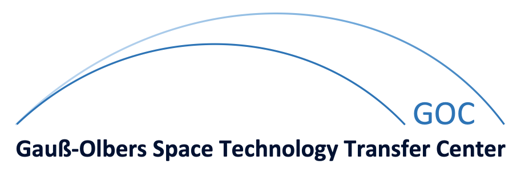Decoder Scheduling in IDMA-basierten Systemen
| Betreuer: | Florian Lenkeit |
| Art der Arbeit: | Studienarbeit (Dipl.) |
| Arbeit beendet: | 07/2013 |
| Bearbeiter: | Siegfried Nauy |
| Status: | abgeschlossen |
| ANT-Signatur: | |
| Kurzfassung: | IDMA is a non-orthogonal multiple access scheme in which user separation is solely achieved by assigning different unique interleaving patterns to each user. Furthermore, a low-rate channel code has to be applied in order to support multiple users. Usually, a serial concatenation of a convolutional code and a simple repetition code is chosen here. In order to separate the user data at the destination, a turbo-detection consisting of a signal estimator and a number of channel decoders is applied. These entities iteratively exchange soft-information until convergence is achieved. The detection process requires channel decoding for every user in every iteration leading to a significant computational complexity. In this work, modifications of the detection process should be worked out and investigated, which allow to reduce the overall complexity. It may, i.e., be sufficient to only decode the repetition code in the first few iterations and only perform decoding of the convolutional code in the final iteration. For this work, the contents of the lectures channel coding I + II and a basic matlab knowledge are required! |







